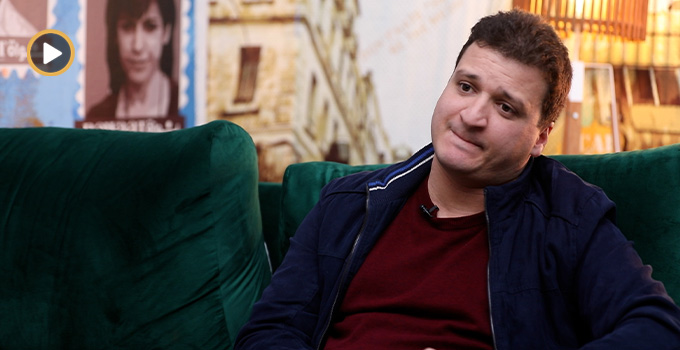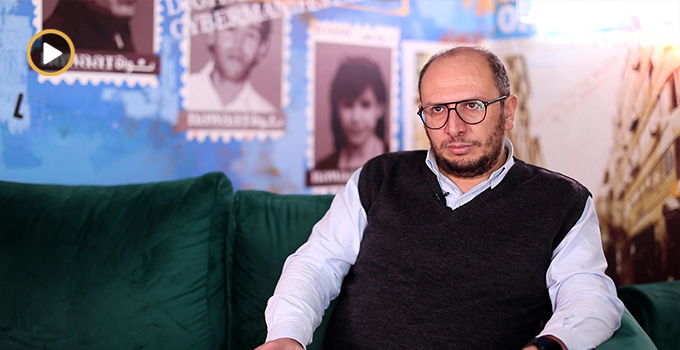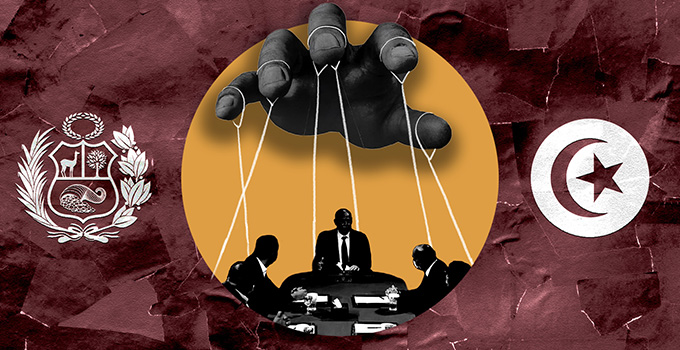
As the work of the constituent assembly progresses, the debate appears strained when it comes to the different forms of political system on offer. At stake are, most importantly, the role and mode of election of the Head of State. There has been talk of a modified parliamentary system, a mixed system and a semi-presidential system. Tunisia is preparing itself for an extended debate, in order better to understand the ins and outs of the matter.
Some preliminary notes
The basic principle of a parliamentary system is that the government derives its legitimacy from Parliament, which invests it with authority, controls it, and has the power to dismiss it. The executive power can, under certain conditions, dissolve parliament to allow for the election of a new majority. Executive and legislative powers balance each other out with direct forms of interaction.
The principle of a presidential system is that executive and legislative powers proceed from the same legitimacy derived from universal suffrage, but are strictly separate and cannot influence each other. Even in situations of deadlock. The only example of such a system is that seen in the US.
Any talk of a mixed system therefore makes no sense as the two logics are diametrically opposed.
On the other hand, there do exist various different types of parliamentary system. In the case of France, one has what is known as a dual parliamentary system, in the sense that the government is responsible to the National Assembly, but is also answerable to the President of the Republic. In Germany, there is what is known as rationalised parliamentarism because of the mechanisms used to ensure stable majorities. But the principle is the same.
The two opposing arguments
Within the Constituent Assembly, everyone is agreed on the choice of a parliamentary system. As Selim Ben Abdesselem, vice-president of the Ettaktol group, notes,
“nobody wants power to be concentrated in the hands of one man, of an omnipotent President”.
Outside of the assembly, a fundamental area of disagreement has emerged over the role to give to the Head of State in this system.
There are two opposing lines of argument. One anticipates the Head of State being elected by the Parliament, the other that he be elected by universal suffrage.
Most of the parliamentary groups support the principle of a Head of State elected by universal suffrage, within the framework of a parliamentary system.
According to Fadhel Moussa, for the democratic group, the objective is
“to grant him the same legitimacy as parliament in order that he has the ability to contain the drifts in government or parliamentary majority, so that he can effectively arbitrate disputes and guarantee the interests of the people”
Conversely, Ennahdha champions the idea of election by Parliament. As Zied Leaadhari, vice-president of the commission of executive and legislative powers on behalf of Ennahda, explains:
“It’s essential to strengthen the position of parliament and to weaken the position of the president. We have seen what happens when power is concentrated in the hands of one man. And yet, a president with direct popular legitimacy, whatever the powers granted him may be, will necessarily tend to take on further influence and, as a leader of a majority, he will have control of the assembly. In the course of our history, we have for too long suffered from such a concentration of power and we hope not to make the same mistake again. Everything we’re being told about the balance of these powers doesn’t stand up to scrutiny”.
A legal solution to a political dispute
As Kais Saied, professor of constitutional law at the University of Carthage, notes,
“behind this apparently legal debate is hidden what is, in fact, a political debate between Ennahda and everyone else”.
It is quite clear that everyone is looking to the near future and seeking to limit the power of other groups within the future institutional configuration.
In the minds of those who believe the President of the Republic should be elected by universal suffrage, the worry is that Ennahda win the elections and invest a Prime Minister who, like his equivalent in Great Britain, enjoys practically the same powers as an elected monarch. Selim Ben Abdesselem admits this very fact:
“Ennahda has a thirty or forty year political headstart over the smaller opposition groups who are still finding their political feet. The risk is that we reproduce a system in which all the power is concentrated in the hands of one party, with no other party able to form any sort of counterweight, and in which the Head of State is the man whose party elected him”.
In order to avoid such a situation, the gamble would be to get somebody elected who enjoyed a broad consensus, did not come from Ennahda and who would be given certain powers. As Fadhel Moussa makes clear:
“We do not recommend that he have regulatory powers, or that he preside over the Council of Ministers. But it does seem to us extremely important that the President of the Republic is not decided by a coalition of parties and that he represents the higher interests of the people and can stay the course of Tunisia”.
But, granted such popular legitimacy, the risk is that he comes to possess symbolic power and thus appears as the de facto strong man of the system. Such a risk is all the more apparent given the cultural and historical context in Tunisia. Within this broad scheme, there are two possible outcomes: either the president is selected from the majority party and thus any notion of a counterweight disappears. Or, he does not belong to the majority party and tries to provide a political counterweight by using certain privileges. However, the risk here is that such a system will create permanent conflict at the highest levels of State.
One can gamble on the Head of State being able to rise above such partisan squabbles. This would mean having a great deal of faith in human nature. And the human factor is far from being an institutional guarantee. Selim Ben Abdesselem cites the examples of Portugal and Austria as parliamentary systems whose Head of State is elected by the people. Nevertheless, as Kais Saied argues, “these societies don’t have the same political culture and reject the idea of personal power”. In other words, there is no ideal system.
Fadhel Moussa acknowledges this fact: “We are in the process of choosing the least worst system”.
Democracy means, above all, pluralism
As Kais Saied notes,
“The balance of powers is only guaranteed if there also exists genuine pluralism. The constitution of 1959 was not so bad in itself. The problem was the existence of a single or dominant party which gave all powers to the Head of State”.
The deputies are therefore seeking a legal solution to a problem that is essentially political. The party system has not only to be able to guarantee the possibility of a balance of power and of alternatives, but the parties must above all be genuinely representative of society. Yet, at this stage, few Tunisians genuinely identify with a party. Rather than being a weakness in the nature of the system itself, these are the weaknesses of a partisan system which, more than anything else, has the potential to limit the development of a properly functioning democracy. The choice of voting system, the conditions for being a candidate, will, to a large extent, be as decisive as the choice of the regime itself.
Guarantees and checks and balances
The conditions for a democracy do not, therefore, depend solely on the choice of the system. As Fadhel Moussa explains
“We are currently working within a parliamentary system, with all its associated mechanisms: government responsibility, motions to censure, questions to the government, high administrative authorities and nominations approved by parliament… I have noticed that it’s necessary to give give a stronger status to the opposition”.
In this regard, he is in agreement with Ziad Laadhari:
“What interests us is that there are guarantees to make sure that the next regime represents a complete break with what we lived through before. We think that the debate surrounding the institutional guarantees is more important than that surrounding the type of system. We must give parliament real powers of control over the government, give the opposition an actual position of influence, and plan for the introduction of independent constitutional authorities, in particular a constitutional court”.
Seven authorities are being planned:
a constitutional court
a higher magistrates’ council
an independent authority for elections
a regulating authority for the media
a human rights authority
an anti-corruption authority
an authority for sustainable development
Nadia Chaabane (democratic group), member of the commission for constitutional bodies which is in charge of the last five in the list above, explains that
“the way in which these authorities are appointed is crucial in ensuring their independence. We have provided for mandates which are not renewable for longer than a term of office of one year, a renewal by thirds and recruitment by way of audition before the National Assembly.”
But as Fadhel Moussa notes:
“The Constitution is important, what really matters is the way in which political life preserves the rights and freedoms of individuals. The political system is secondary to this. The most important thing is that, in the society in which I live, I can feel free and my rights are respected. There is no democracy without a strong opposition and civil society”.
Translation by Christopher Barrie from the original French article.





iThere are no comments
Add yours